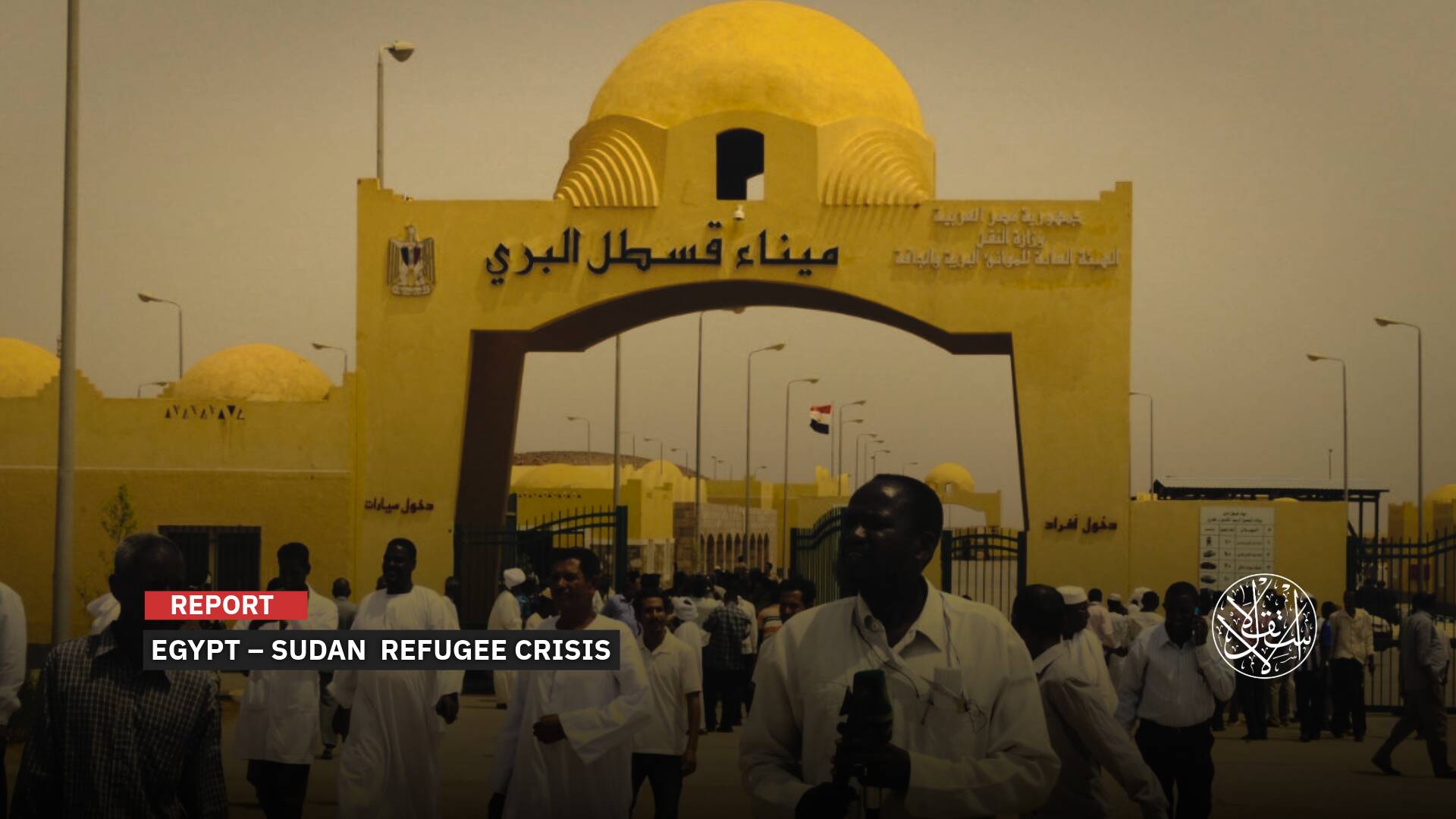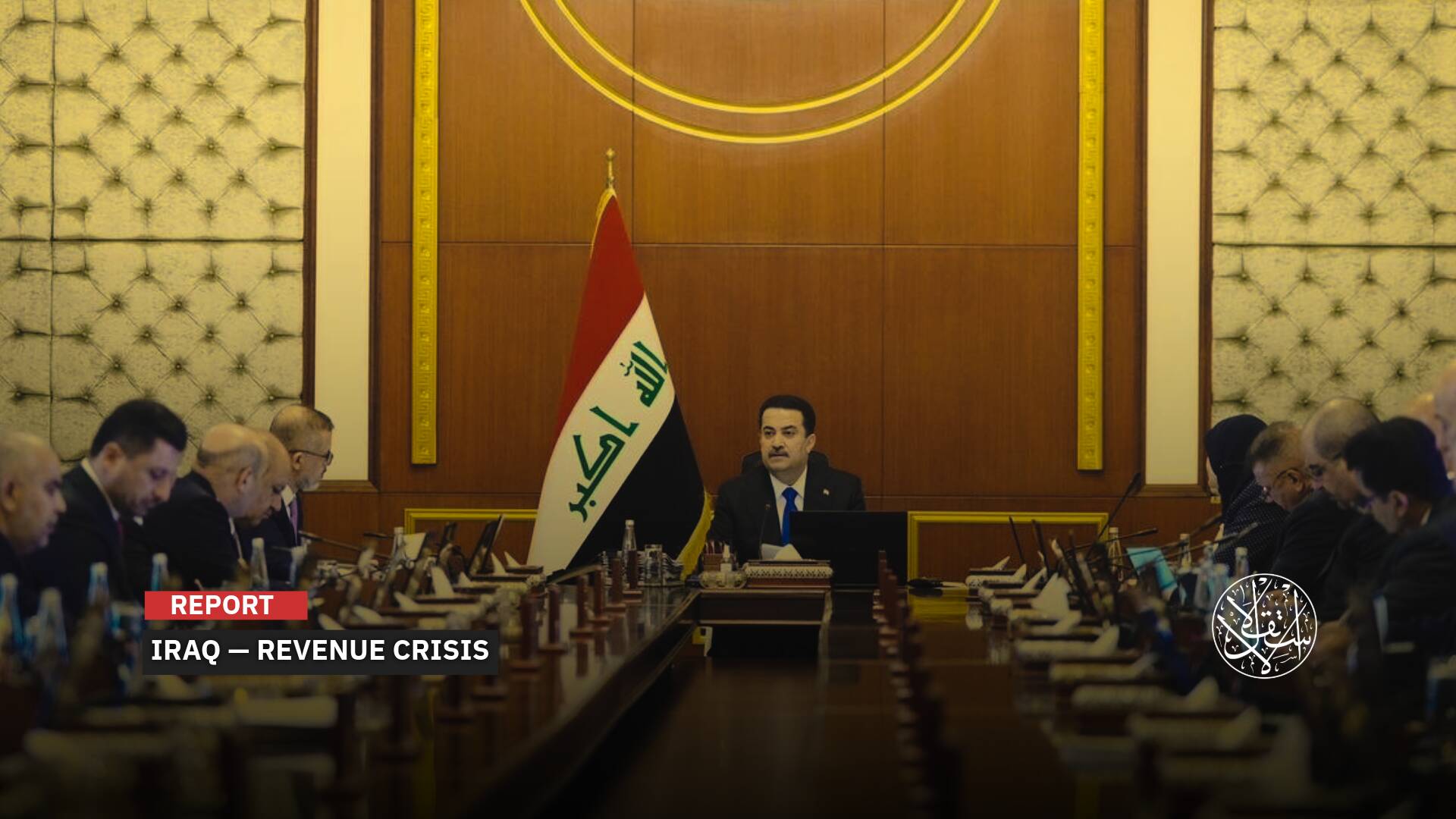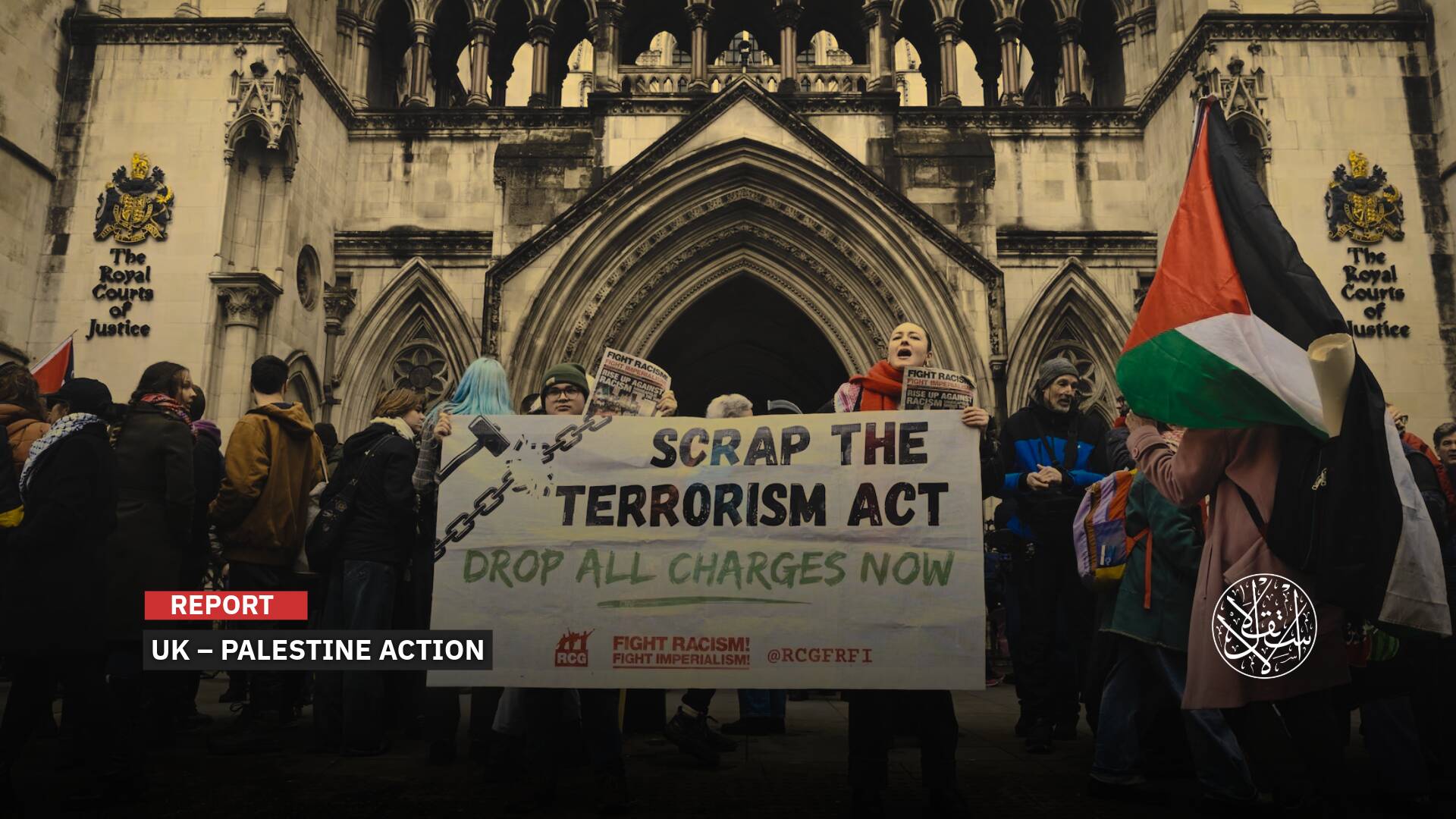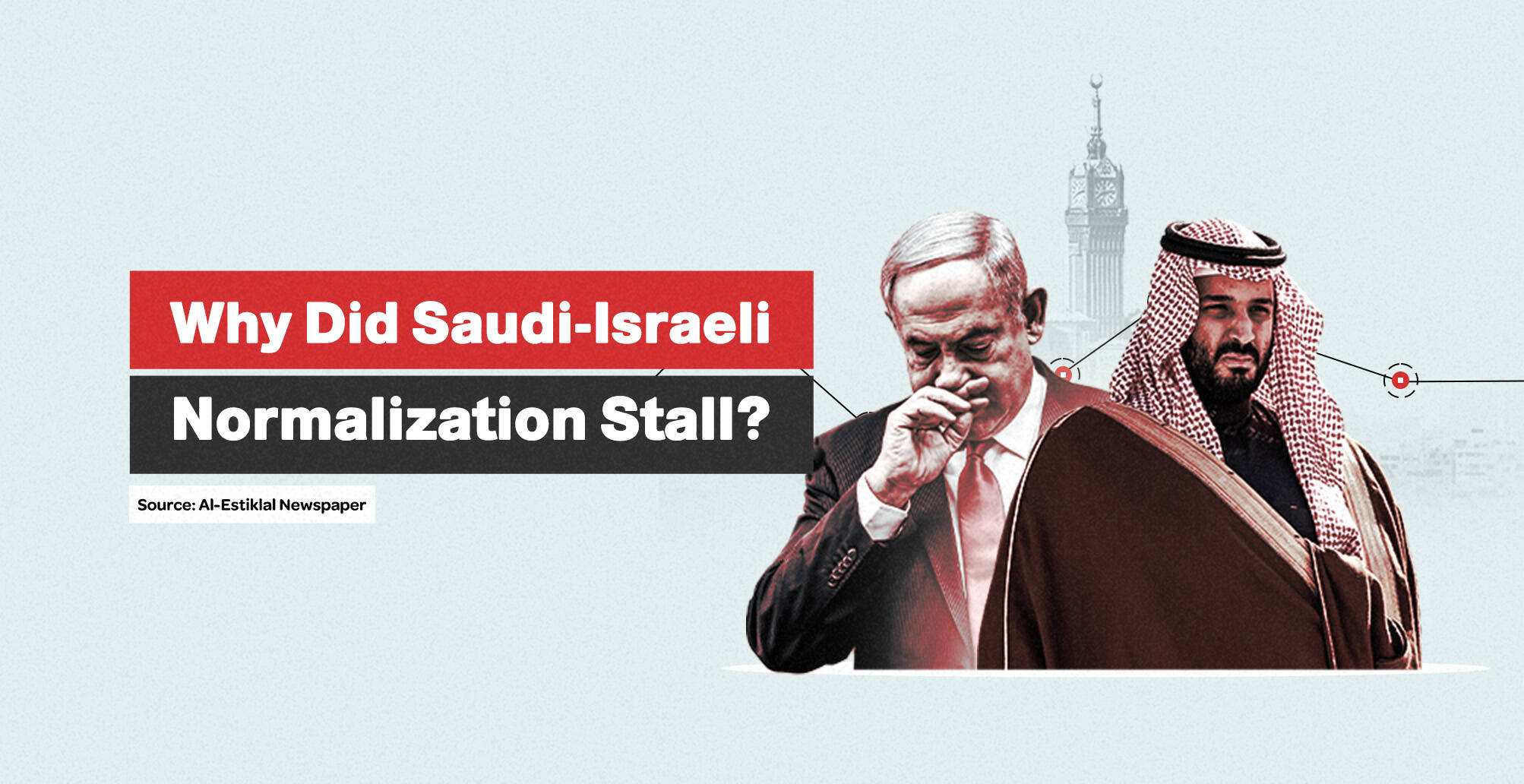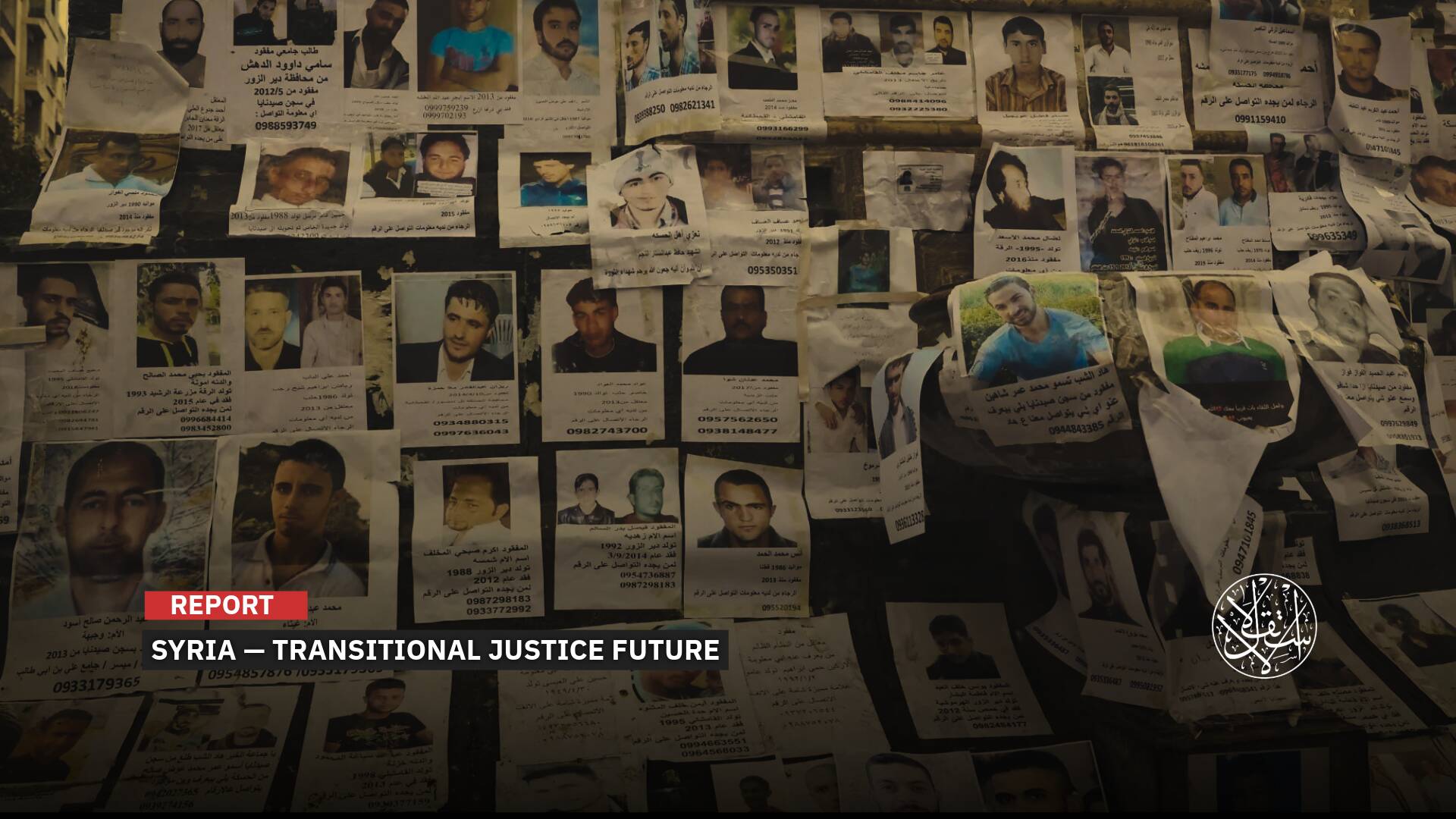5 Million Affected: What Are the Quake Repercussions on Liberated Northern Syria?

The devastating earthquake that struck southern Turkiye and northern Syria on February 6, 2023, deepened the suffering of millions of displaced Syrians and opened a new window of need for international aid amid fears of the difficulty to recover soon.
The magnitude of the earthquake, 3 weeks ago, was 7.8, followed by a 6.4-magnitude earthquake and a second measuring 5.8 hitting Turkiye’s southern province of Hatay on February 21.
The earthquake’s range reached Syria, where the Syrian Observatory for Human Rights reported hundreds of people injured in the northwest.
The earlier quakes killed 44,000 people in Turkiye and Syria, with tens of thousands more left homeless, according to BBC.
Buildings weakened by those tremors collapsed in both countries on Monday.
New Disaster
5 million displaced people live in northwestern Syria, outside the control of the regime’s president, Bashar al-Assad, and international humanitarian aid enters through the Bab al-Hawa border crossing with Turkiye located north of Idlib, which is the only artery open for relief for them according to the Security Council resolution.
Through the Bab al-Hawa border crossing, which is about 33 kilometers away from Idlib, about 85% of the total volume of humanitarian aid is delivered to Syria.
Before the earthquake struck northern Syria, it was suffering from a deficit to face the humanitarian catastrophe as a result of the high number of camps and displaced people, the construction of modest residential buildings, and the lack of international funding needed.
Following the earthquake, the Executive Board of the World Health Organization confirmed, in its meeting in Geneva on February 7, 2023, that the humanitarian needs of Syria had reached their highest levels after the strong earthquake.

Humanitarian organizations led by the White Helmets find themselves unable to respond with their current capabilities to the repercussions of the devastating earthquake, while hundreds of families are still trapped under the rubble in northwestern Syria, which has been declared a fully disaster-stricken area.
Meanwhile, local organizations in northern Syria began to call on the international community to deliver urgent aid to the stricken area, which suffers mainly from destitute living and economic conditions and sporadic bombing by the Syrian regime and Russia.
The White Helmets (Syria Civil Defense), which started working in 2013 through a group of volunteers to rescue victims after the Syrian regime’s bombardment, poured all its personnel, equipment, and mechanisms dedicated to the operations of removing rubble and removing the dead and wounded from under the rubble of the earthquake.
However, the size of the buildings that were flattened as a result of the earthquake in the countryside of Aleppo and Idlib made the capabilities of the Civil Defense limited and unable to face the disaster.
Poor Response
This prompted the Civil Defense to issue an urgent appeal to international organizations to provide support to assist in the recovery of victims from under the rubble and to provide services to tens of thousands of displaced people, as there has become a new humanitarian crisis and the number of camps has multiplied again with the loss of residential homes.
In the context, the United Nations Regional Coordinator for Humanitarian Affairs in Syria, Muhannad Hadi, stated, on February 8, 2023, that “the international organization hopes to resume shipments of vital aid across the border from Turkiye to northern Syria on the 9th of the aforementioned month, which have been suspended since the earthquake hit the region.”
On the evening of February 8, 2023, Bab al-Hawa crossing confirmed, in a statement, that “since the earthquake hit, no aid has entered northern Syria from any international or non-international entity.”
However, what was remarkable was the Civil Defense’s confirmation on February 8, 2023, that an Egyptian technical team of specialists had arrived to support rescue operations for those trapped under the rubble and doctors to provide medical care to the afflicted Syrians in northwestern Syria.
Syrian activists confirmed that the Egyptian medical team that entered northern Syria is a volunteer residing in Turkiye and came with the Turkish Humanitarian Relief Foundation (IHH), and has nothing to do with Abdel Fattah el-Sisi’s regime.
On the other hand, the Egyptian Middle East News Agency stated that under the directives of the president of the regime, Abdel Fattah el-Sisi, military planes loaded with urgent medical aid were sent to the Syrian regime after contact between Sisi and Assad.
Immediately after the earthquake, the Qatar Red Crescent announced the activation of the emergency operations room to respond, in coordination with its mission in Turkiye, to give a hand to northern Syria quickly.
The Qatar Red Crescent allocated 4,800 urgent food baskets from its stocks at its mission in Turkiye to be distributed to affected families in northern Syria, according to the statement.
BBC reported on February 8, 2023, that the London government decided to grant the White Helmets additional aid worth 800,000 pounds ($963,000).
The aid comes with 2.25 million pounds sterling that the United Kingdom gives to the organization every year.
Open Borders
Before that, the Director of the US Agency for International Development, Samantha Power, confirmed that the agency is communicating with the Director of the Syrian Civil Defense about how to use aid and deliver it to those in dire need.
Power added, in a tweet, that there is a need for the borders between Turkiye and Syria to remain open for the necessary aid.
Ghassan Hitto, who runs an organization working to provide support to the White Helmets volunteers and the affected population, said that the current humanitarian situation requires urgent international intervention within a clear emergency plan.
The head of the Syrian opposition negotiating committee, Bader Jamous, said on Twitter on February 8, 2023, that after communicating with the Turkish government, aid was allowed to enter through the Bab al-Salama and al-Rai crossings, in addition to Bab al-Hawa, the main entrance.
He called on countries and international organizations to take urgent and immediate action to help those affected by the earthquake in Aleppo and Idlib.
Delayed Recovery
The continuous lack of electricity constitutes the biggest challenge for rescue operations amid a shortage of fuel for generators, as the quantities are insufficient for more than two or three days.
Also, the rescue teams operate with limited capabilities, as their members, with the support of the residents, are forced to dig up sometimes with their hands or even with shovels and household utensils.
This is in addition to the fact that the organization needs heavy machinery, spare parts for existing vehicles, and modern equipment for rescue operations.
In addition, northern Syria is now in need of medical aid.
In light of these conditions, the Syrian researcher at the Omran Center for Strategic Studies, Ayman al-Dassouky, summarized the most prominent aspects that multiplied the suffering of Syrians in opposition areas after the earthquake.
Al-Dassouky told Al-Estiklal: “Basically, the areas under the control of the opposition suffer from a lack of capabilities, which does not help them respond to the existing humanitarian needs.”
He added: “The earthquake will multiply the suffering and increase the burden on the local institutions and organizations working to respond to this disaster, whether in removing the rubble and recovering the victims or dealing with the humanitarian needs of shelter, food, and medicine for the thousands affected, especially in light of the delayed UN response.”
He also said that “what happened will delay early recovery projects in opposition areas, so that the current focus will be on the emergency humanitarian response, and the challenges it faces in light of the decline of UN funding allocated to Syria.”
He continued: “I also fear the continuous politicization of the humanitarian response by the Syrian regime and its allies, which requires efforts from the international community, Syrian organizations, and opposition institutions to put pressure, mobilization, and advocacy, in order to remove the humanitarian response file from political employment, and to ensure its impartiality and continuity.”
Otherwise, “the devastating catastrophe will deepen its social and economic repercussions on the displaced Syrians in northwestern Syria.”
Sources
- Calls to open the crossings between Turkey and northern Syria: No aid has entered [Arabic]
- The British government supports the "White Helmets" with 800,000 pounds sterling [Arabic]
- The Qatar Red Crescent operates an operation room to respond to the earthquake in Syria [Arabic]
- Egypt sends planes loaded with medical aid to Syria [Arabic]



